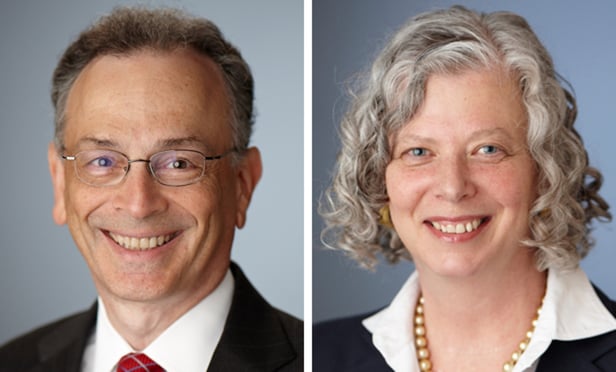Southern District Judge Robert W. Sweet’s recent decision in Giuffre v. Maxwell, 2018 WL 4062649 (S.D.N.Y. Aug. 27, 2018) addresses the press’s application to unseal potentially salacious documents covered by a protective order in an action concerning allegations of sexual abuse. In Judge Sweet’s words, the motion involved “vital societal concepts, the privacy rights of individuals, the judicial process to establish truth or falsity, the transparency of that process, and freedom of information and of the press.” In ultimately deciding against unsealing, Judge Sweet engaged in a concise but thorough review of the law in the Second Circuit on protective orders and the sealing of “judicial documents,” and the tension between the public’s right of access and interest in transparency in the legal system and the individual’s right to privacy.
‘Giuffre v. Maxwell’
Giuffre v. Maxwell was a defamation case brought by Virginia Giuffre, who had alleged in the media and in court papers that she was the victim of sexual abuse and trafficking when she was a minor, against Ghislaine Maxwell, who Giuffre claimed had facilitated the abuse. Giuffre sued Maxwell for defamation after Maxwell made public statements denying Giuffre’s assertions and referring to Giuffre’s claims as “obvious lies.” During discovery, the parties entered into a protective order permitting them to designate information produced in discovery as confidential. The protective order provided that at the conclusion of the case, the parties could either have their confidential information returned to them or destroyed. The protective order also provided expressly that it did not have any “force and effect” on the use of confidential information at trial.


 Edward M. Spiro and Judith Mogul
Edward M. Spiro and Judith Mogul




